A senior U.N. official warned Wednesday that Israel’s ongoing military presence and airstrikes in Syria could jeopardize the country’s fragile political transition.
Khaled Khiari, U.N. assistant secretary-general for the Middle East, Asia and the Pacific, told the U.N. Security Council that since Dec. 8 of last year – marking the end of Syria’s former Assad regime – there have been hundreds of reported Israeli airstrikes across Syria, including in the southwest, along the Syrian coast, in northeastern Syria, and in Damascus, Hama and Homs.
Khiari highlighted Israeli officials’ indications of a long-term presence in Syria, stressing that such developments are difficult to reverse and pose a threat to Syria’s political transition.
He pointed to recent remarks from Israeli officials, including a statement by Israel’s defense minister on April 3, who described the airstrikes as “a warning for the future,” adding that Israel would “not allow Syria to become a threat” to its security.
He reaffirmed support for Syria’s “sovereignty, independence, unity and territorial integrity,” and warned: “This council’s commitment to Syria’s sovereignty and territorial integrity grows in importance by the day.”
“Syria is at a crossroads and deserves a chance to continue to work toward an inclusive political transition,” Khiari said, adding that: “Syria’s opportunity to stabilize after 14 years of conflict must be supported and protected, for Syrians and for Israelis. This is the only way regional peace and security can be realized.”
Jean-Pierre Lacroix, U.N. under-secretary-general for peace operations, also raised concerns at the Security Council over Israeli activity in the U.N.-monitored area.
Lacroix said the Israeli army “currently occupies 12 positions that they established on the Bravo side – 10 in the area of separation and two in the area of limitation in the vicinity of the Bravo line.”
He added that Israel “continues to construct counter-mobility obstacles” and carry out air activity across the cease-fire line, while also restricting the movement of U.N. personnel and residents in the area.
“It remains critical that all parties uphold their obligations under the 1974 Disengagement of Forces Agreement,” he said, stressing, “There should be no military forces or activities in the area of separation, other than those of UNDOF.”
The disengagement agreement established the borders of a buffer zone and demilitarized area. The “Bravo Line” refers to the Syrian side of the cease-fire line, and the “Alpha Line” refers to the Israeli side of the cease-fire line.
It is monitored by UNDOF, which is tasked with maintaining a cease-fire between Israel and Syria following the 1973 Middle East War.
In a clear violation of Syrian sovereignty, Israel has intensified airstrikes across Syria in recent days, targeting military sites, following the Dec. 8 ouster of the Bashar Assad regime by anti-regime groups.
Israel also declared the collapse of the 1974 agreement, which had established a demilitarized buffer zone in the Israeli-occupied Golan Heights. The Israeli military has since deployed forces into the buffer zone, a move condemned by the U.N. and several Arab nations.

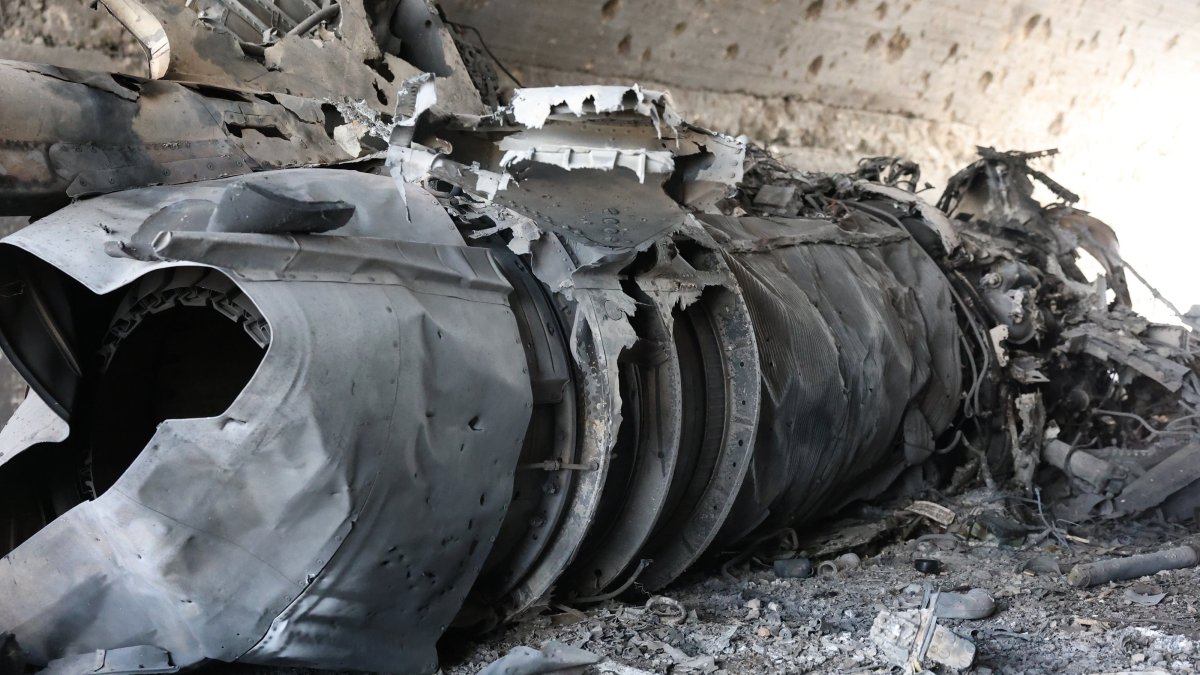


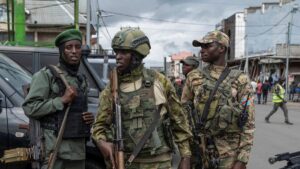

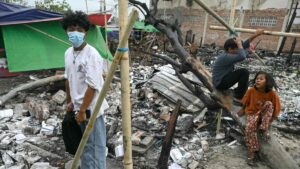




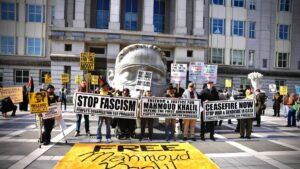



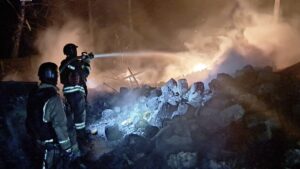


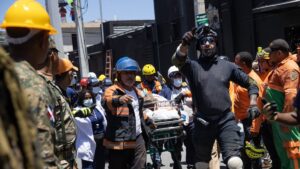
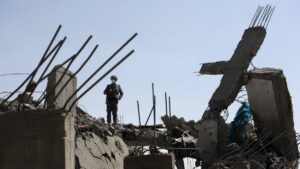



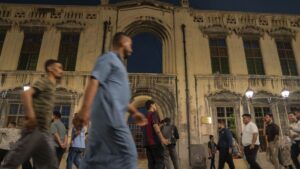
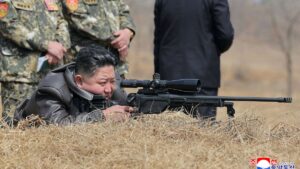



























Be First to Comment